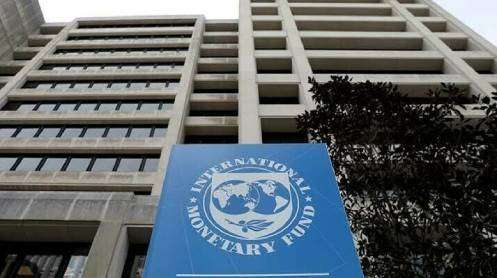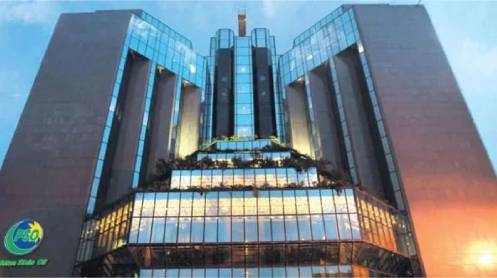ISLAMABAD: Pakistan is losing as much as 6.5% of its GDP to entrenched corruption and elite capture, the International Monetary Fund (IMF) said on Wednesday in a damning governance assessment released ahead of its executive board meeting for the approval of two loan tranches worth $1.2 billion.
The Ministry of Finance published the long-delayed Governance and Corruption Diagnostics Report after withholding it for nearly three months. The IMF highlighted that the Rs5.3 trillion recovered from corruption-related assets between January 2023 and December 2024 represents only a “fraction” of Pakistan’s true economic losses.
In its 186-page report, the IMF noted that while no reliable metric exists to fully measure corruption, asset recoveries by the National Accountability Bureau (NAB) offer a glimpse of the scale. The Fund estimated that Pakistan could increase its GDP by 5% to 6.5% over five years through comprehensive governance reforms.
Since 1958, Pakistan has entered IMF programs 24 times. The ongoing Extended Fund Facility (EFF) under Prime Minister Shehbaz Sharif marks the country’s 25th engagement, reflecting a long history of recurring balance-of-payments crises.
The IMF recalled that Pakistan’s founding father, Mohammad Ali Jinnah, warned against corruption in 1947, yet it continues to “divert public funds, distort markets, erode public trust, and impede investment.” The report sharply criticised successive governments — civilian and military — for enabling corrupt practices, citing, among others, the 2019 sugar export decision under the PTI government as an example of policy capture by economic elites.
The Fund stated that corruption is pervasive across services, public spending, procurement, and state-owned enterprises, with elites shaping official policies for private gain. Weak judicial enforcement, antiquated laws, and concerns over judicial integrity further worsen the problem. Public surveys consistently rank the judiciary among the most corrupt institutions alongside the police and procurement bodies.
The IMF also flagged risks associated with the Special Investment Facilitation Council (SIFC), noting its “untested transparency and accountability provisions.”
Citing the sugar sector, the report detailed how mill owners — many holding government roles — influenced pricing, tariffs, and export decisions. A 2019 investigation exposed collusion, artificial shortages, speculative hoarding, and illicit profit laundering, but accountability has remained limited.
The IMF further highlighted tensions around judicial independence following the 26th Constitutional Amendment, which changed the process for appointing Supreme Court judges. While intended to improve inclusivity, the reforms have raised concerns about potential political influence.
The Fund recommended strengthening judicial oversight, establishing clear and transparent criteria for judicial appointments, enhancing integrity screening, and addressing fragmentation among accountability institutions to restore public confidence.
Story by Shahbaz Rana







